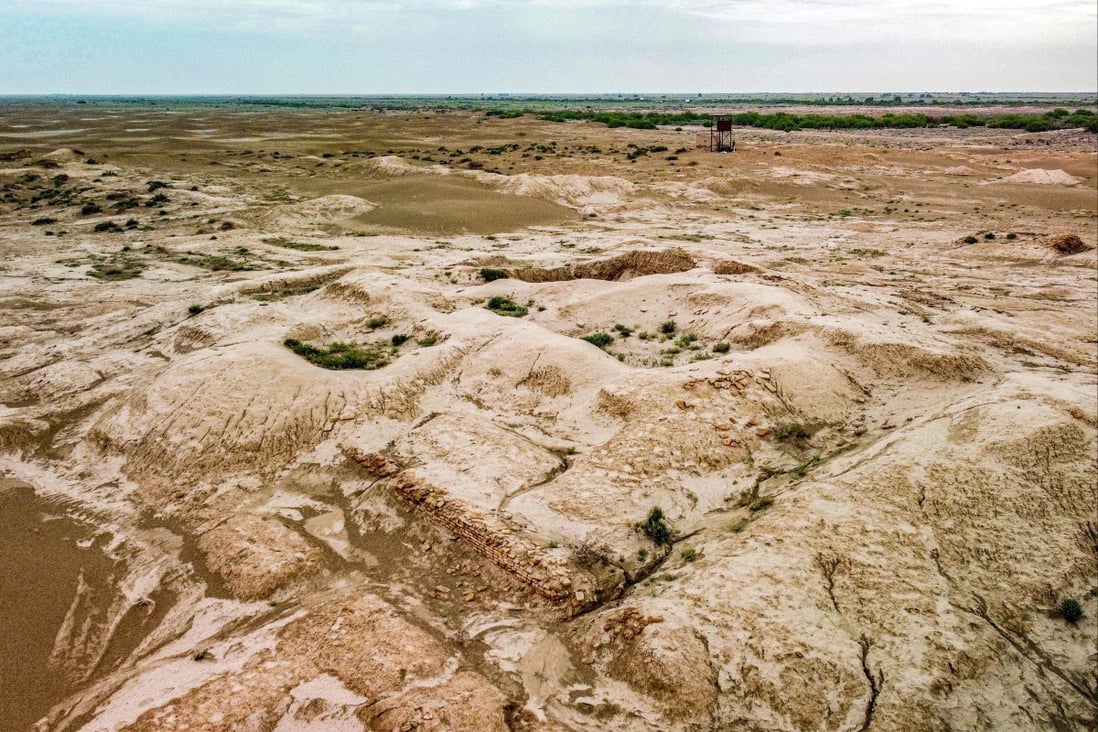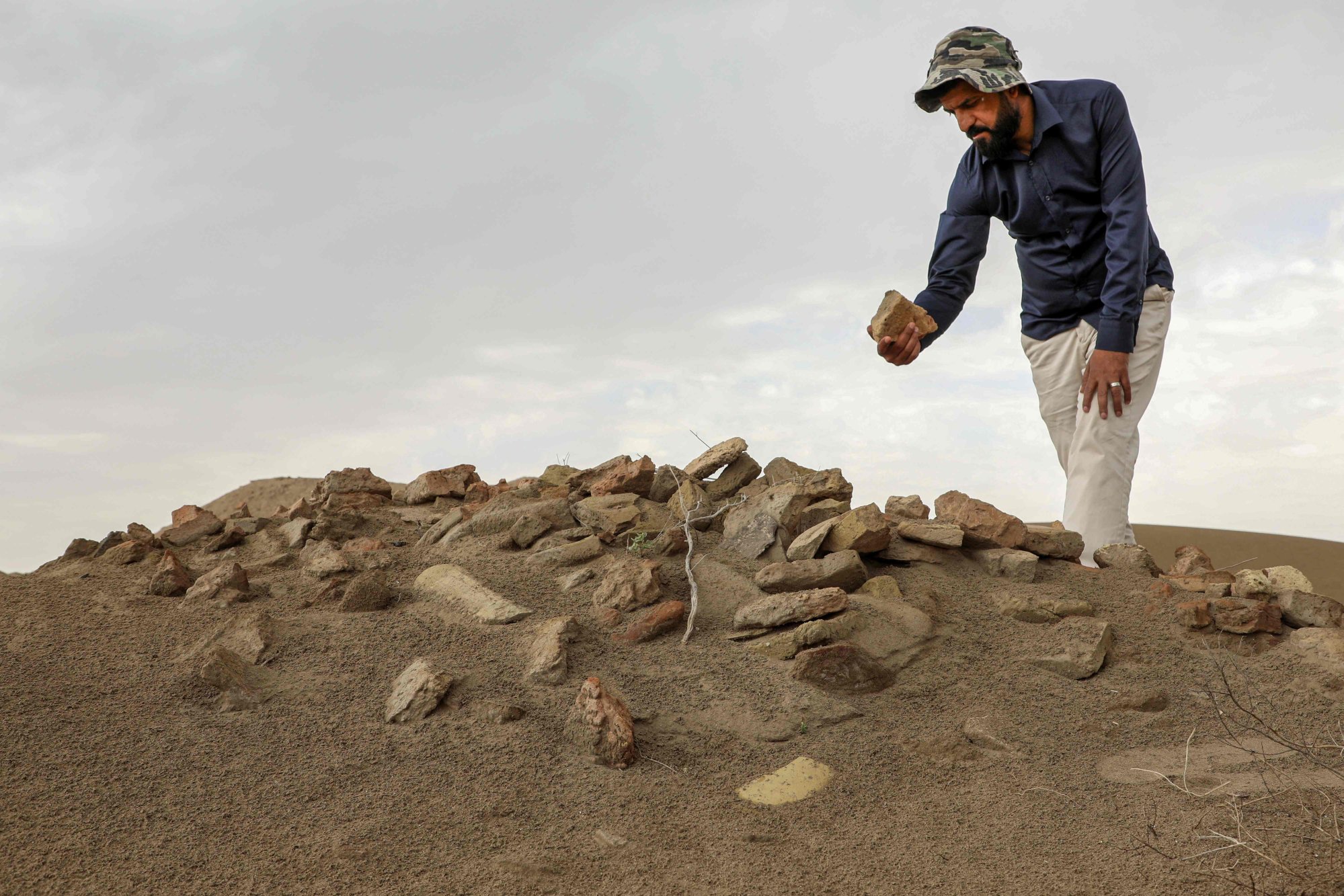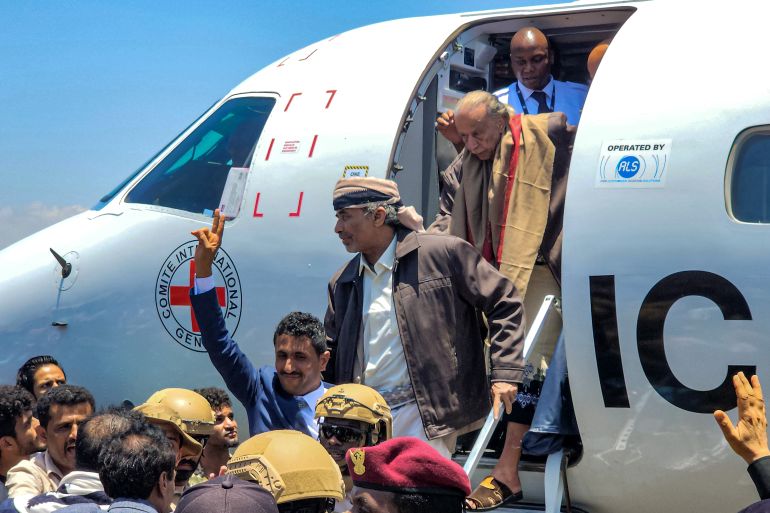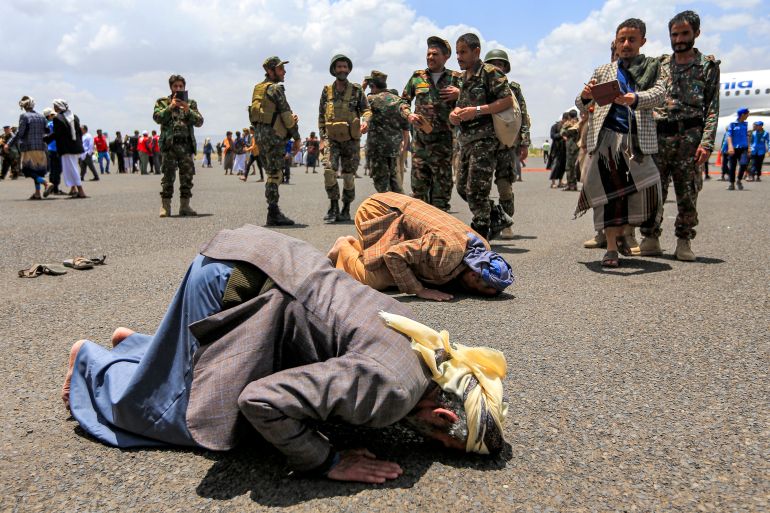AFP
New Delhi, India
Apr 16, 2023, 

Photograph:(Twitter)
This year is the first time Coachella hasn't booked a white headliner: following Bad Bunny, K-pop superstars Blackpink and the influential but reclusive R&B artist Frank Ocean top the bill at Coachella.
Bad Bunny was among Coachella's most hotly anticipated acts and the Puerto Rican reggaeton giant delivered late Friday, performing two hours of his numerous hits set against an homage to trailblazing Latino artists.
The megastar was the first Spanish-language and first Latin American act to headline the major festival, which takes place over two three-day weekends and traditionally kicks off the summer touring circuit.
It's but another notch on the belt of the artist born Benito Martinez Ocasio, the 29-year-old who is by most measures the biggest pop star in the world.
With tracks from "Vete" to "Titi Me Pregunto" to "Yo Perreo Sola," the artist shut down the festival's main stage in front of thousands of screaming fans, with trippy visuals and fireworks and flames bursting behind him.
The show also featured documentary-style footage with voiceovers contextualizing the history of the Latin American, and more specifically Caribbean, music that features heavily in his work. He also included extended dance breaks to classics including Ismael Rivera's "Las Tumbas" and El Gran Combo's "Brujeria."
Like many artists at Coachella, Bad Bunny brought on famous guests including Post Malone, who -- despite technical difficulties that rendered the artists at times inaudible -- performed an acoustic version of "La Cancion" to the crowd's delight.
Early in the set, Bad Bunny asked the crowd if they preferred he speak English or Spanish, and the response was a resounding vote for the latter.
Though he's already one of the world's top contemporary acts and played Coachella as a solo artist in 2019, he acknowledged the boundary that was broken Friday night as the night's top-billed performer: "There's never been someone like me before," he said in Spanish.
Blink and Blondie -
Hours before the groundbreaking set, fans witnessed the festival revive its turn-of-the-millennium rock roots, as Blink-182 gave a surprise show announced just one day prior.
The nostalgic headbanging moment was the pop-punk group's first performance with their original lineup in nearly a decade, and had droves of 30-somethings reliving the soundtrack to their youths.
Band members Travis Barker, Mark Hoppus and Tom DeLonge -- who are now all pushing or past 50 -- delivered the hits of middle school dances yore, including "The Rock Show" and "What's My Age Again."
By the set's close, the band had thousands of people belting out a moody "I Miss You" before a mass singalong of "All The Small Things."
After the set, many rushed to a neighboring tent to catch a blockbuster show from Blondie, who also delivered hits including "Heart of Glass" and "Call Me," and invited guest Nile Rodgers onstage.
- Globalized lineup -
But neither rock nor legacy acts dominated Friday's slate, which featured main stage shows from rappers Pusha T and Doechii, a performance from Nigeria's Burna Boy and DJ sets from the likes of Nora en Pure and Idris Elba. (Yes, that Idris Elba.)
Belgium's pop star Angele made her Coachella debut in a coveted nighttime slot, donning a disco ball of an outfit to perform her brand of jazz-inflected electro-pop alongside tightly choreographed dancers and occasional French subtitles on display behind her.

Photograph:(Twitter)
This year is the first time Coachella hasn't booked a white headliner: following Bad Bunny, K-pop superstars Blackpink and the influential but reclusive R&B artist Frank Ocean top the bill at Coachella.
Bad Bunny was among Coachella's most hotly anticipated acts and the Puerto Rican reggaeton giant delivered late Friday, performing two hours of his numerous hits set against an homage to trailblazing Latino artists.
The megastar was the first Spanish-language and first Latin American act to headline the major festival, which takes place over two three-day weekends and traditionally kicks off the summer touring circuit.
It's but another notch on the belt of the artist born Benito Martinez Ocasio, the 29-year-old who is by most measures the biggest pop star in the world.
With tracks from "Vete" to "Titi Me Pregunto" to "Yo Perreo Sola," the artist shut down the festival's main stage in front of thousands of screaming fans, with trippy visuals and fireworks and flames bursting behind him.
The show also featured documentary-style footage with voiceovers contextualizing the history of the Latin American, and more specifically Caribbean, music that features heavily in his work. He also included extended dance breaks to classics including Ismael Rivera's "Las Tumbas" and El Gran Combo's "Brujeria."
Like many artists at Coachella, Bad Bunny brought on famous guests including Post Malone, who -- despite technical difficulties that rendered the artists at times inaudible -- performed an acoustic version of "La Cancion" to the crowd's delight.
Early in the set, Bad Bunny asked the crowd if they preferred he speak English or Spanish, and the response was a resounding vote for the latter.
Though he's already one of the world's top contemporary acts and played Coachella as a solo artist in 2019, he acknowledged the boundary that was broken Friday night as the night's top-billed performer: "There's never been someone like me before," he said in Spanish.
Blink and Blondie -
Hours before the groundbreaking set, fans witnessed the festival revive its turn-of-the-millennium rock roots, as Blink-182 gave a surprise show announced just one day prior.
The nostalgic headbanging moment was the pop-punk group's first performance with their original lineup in nearly a decade, and had droves of 30-somethings reliving the soundtrack to their youths.
Band members Travis Barker, Mark Hoppus and Tom DeLonge -- who are now all pushing or past 50 -- delivered the hits of middle school dances yore, including "The Rock Show" and "What's My Age Again."
By the set's close, the band had thousands of people belting out a moody "I Miss You" before a mass singalong of "All The Small Things."
After the set, many rushed to a neighboring tent to catch a blockbuster show from Blondie, who also delivered hits including "Heart of Glass" and "Call Me," and invited guest Nile Rodgers onstage.
- Globalized lineup -
But neither rock nor legacy acts dominated Friday's slate, which featured main stage shows from rappers Pusha T and Doechii, a performance from Nigeria's Burna Boy and DJ sets from the likes of Nora en Pure and Idris Elba. (Yes, that Idris Elba.)
Belgium's pop star Angele made her Coachella debut in a coveted nighttime slot, donning a disco ball of an outfit to perform her brand of jazz-inflected electro-pop alongside tightly choreographed dancers and occasional French subtitles on display behind her.
Belgium's Angele delivers French lesson with Coachella set (france24.com)
Los Angeles native Becky G donned a bright blue bikini and baggy JNCO jeans for her highly anticipated performance, which featured a smattering of her hits and some regional Mexican guest appearances paying homage to her Mexican-American roots.
"A lot of Latin artists are breaking a lot of barriers," fan Katherine Narvaez told AFP ahead of Becky G's show.
"It's amazing to see her grow as an artist and kill it at the show," the 28-year-old said.
Along with Bad Bunny and Becky G, the strong showing from Latinos this year includes rapper Eladio Carrion, Argentina's Los Fabulosos Cadillacs, and the Grammy-winning Kali Uchis.
This year is the first time Coachella hasn't booked a white headliner: following Bad Bunny, K-pop superstars Blackpink and the influential but reclusive R&B artist Frank Ocean top the bill at Coachella.
And the weekend is hosting perhaps the most international lineup Coachella has ever booked, including Spanish phenomenon Rosalia and Iceland's Bjork.
The elusive electronic producer Jai Paul is set to play his first public performance ever, while Diljit Dosanjh will become the first Punjabi singer to perform at Coachella.
Also on deck for the rest of the weekend are American indie rock supergroup boygenius -- which includes Phoebe Bridgers, Lucy Dacus and Julien Baker -- and Charli XCX.
Los Angeles native Becky G donned a bright blue bikini and baggy JNCO jeans for her highly anticipated performance, which featured a smattering of her hits and some regional Mexican guest appearances paying homage to her Mexican-American roots.
"A lot of Latin artists are breaking a lot of barriers," fan Katherine Narvaez told AFP ahead of Becky G's show.
"It's amazing to see her grow as an artist and kill it at the show," the 28-year-old said.
Along with Bad Bunny and Becky G, the strong showing from Latinos this year includes rapper Eladio Carrion, Argentina's Los Fabulosos Cadillacs, and the Grammy-winning Kali Uchis.
This year is the first time Coachella hasn't booked a white headliner: following Bad Bunny, K-pop superstars Blackpink and the influential but reclusive R&B artist Frank Ocean top the bill at Coachella.
And the weekend is hosting perhaps the most international lineup Coachella has ever booked, including Spanish phenomenon Rosalia and Iceland's Bjork.
The elusive electronic producer Jai Paul is set to play his first public performance ever, while Diljit Dosanjh will become the first Punjabi singer to perform at Coachella.
Also on deck for the rest of the weekend are American indie rock supergroup boygenius -- which includes Phoebe Bridgers, Lucy Dacus and Julien Baker -- and Charli XCX.




















